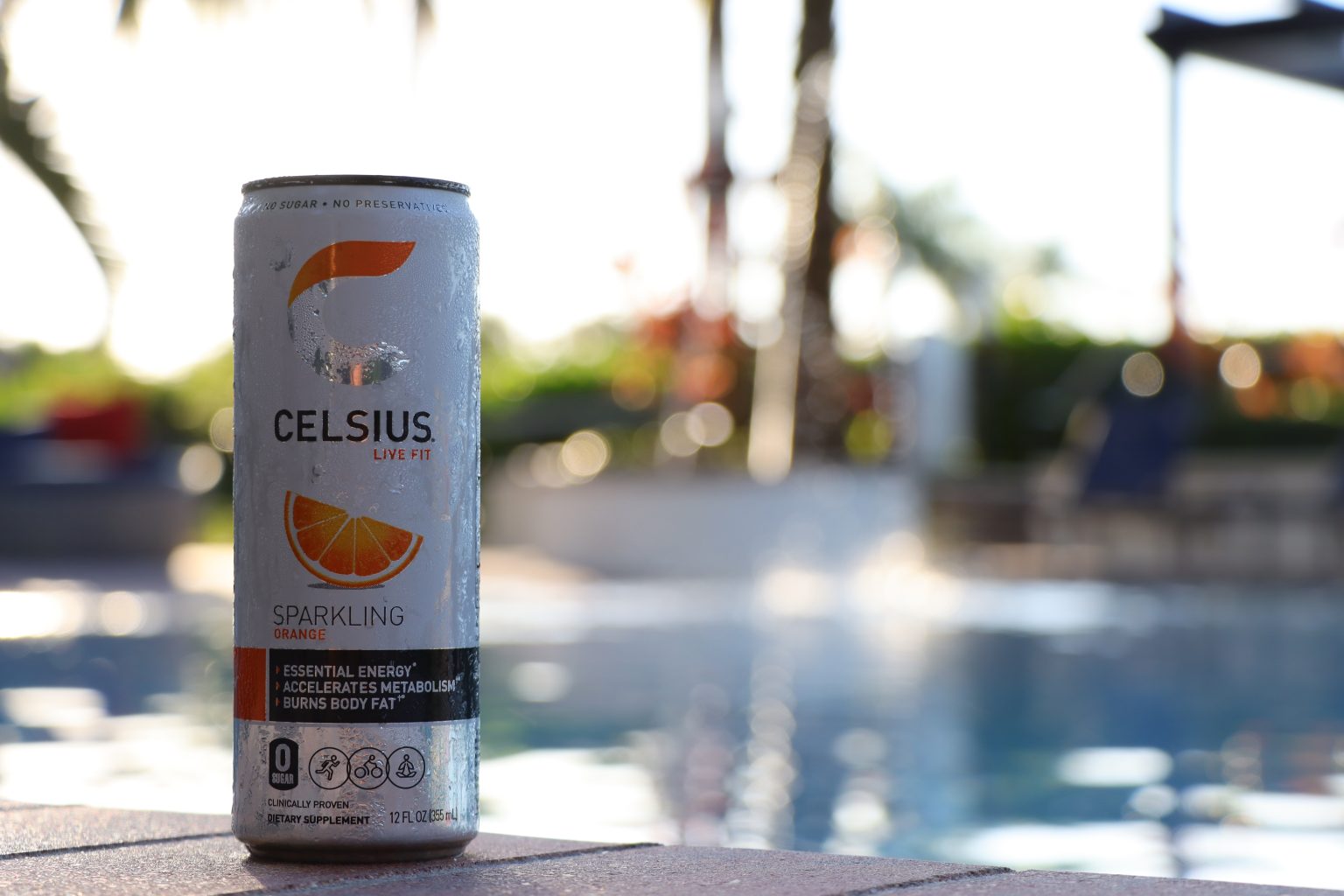Revenue has doubled in each of the last two years as the functional attributes, health-conscious appeal, and innovative flavours of its beverage resonate with mainstream consumers.
When John Fieldly joined Celsius Holdings as CFO in 2012, the fledgling company was virtually unknown in an energy drink market dominated by Monster and Red Bull. It held almost no market share, struggled to gain mainstream acceptance for its beverage, and had a market capitalisation of just $5 million.
Now, more than a decade later, annual revenue exceeds $1.3 billion, and Celsius is now mentioned alongside the competitors it once aspired to in the category.
Its market share in the $19 billion energy drink sector has surged to approximately 11%, and its products can now be found almost everywhere, from gyms and Dunkin’ Donuts to Walmart and 7-Eleven. Wall Street now values the company at $9 billion.
“I don’t think you can replicate a Celsius,” said Fieldly, who became the company’s CEO in April 2018. “There’s been so many outside forces that have gotten us here, and there’s been so many internal decisions and team members that have helped us get to where we’re at and where we’re going.”
‘Right product at the right time’
Celsius’ rise from a virtually unknown entity to a category powerhouse, capable of breaking the energy drink market’s duopoly, is a blend of carefully planned strategy and a touch of luck.
Energy drinks have traditionally been seen as highly caffeinated beverages consumed by those seeking a quick energy boost, such as construction workers or university students pulling all-nighters.
In recent years, however, these products have become associated with health and fitness, refreshing fruit flavours, and a broader range of consumption occasions, all of which have boosted their appeal to a wider audience. Arguably, no other energy drink has benefited from these changes as much as Celsius.
The 20-year-old Florida-based company is thriving as consumer interest in better-for-you and functional products — a trend that accelerated during the pandemic — has grown. Celsius fits squarely into these categories with a drink that is free from sugar and calories but packed with ingredients it claims offer workout and energy benefits without the crash.
“I don’t think you can replicate a Celsius. There’s been so many outside forces that have gotten us here, and there’s been so many internal decisions and team members that have helped us get to where we’re at and where we’re going.” John Fieldly, CEO, Celsius Holdings
Simultaneously, Celsius built its portfolio around unique flavour combinations, such as Green Apple Cherry, Kiwi Guava, and Mango Passionfruit, which help the company stand out from its competitors.
Celsius has also demonstrated a keen ability to market its beverages and increase the number of occasions on which its drinks are consumed.
This strategic approach has enabled Celsius to appeal to a broader demographic, moving beyond the traditional energy drink consumer base. By positioning itself at the intersection of health, wellness, and energy, Celsius has captured the attention of individuals who may not have previously considered energy drinks. Its innovative flavour profiles, combined with its health-conscious ingredients, have helped the brand distinguish itself in a crowded market.
Celsius has also embraced digital marketing and social media to reach its target audience effectively. By engaging with consumers through influencers, fitness communities, and online platforms, the brand has managed to build a loyal following that continues to grow.
Looking ahead, Celsius shows no signs of slowing down. With its strong market position, innovative product offerings, and a keen understanding of consumer trends, the company is well-positioned to continue its upward trajectory. As Fieldly emphasises, the unique combination of external opportunities and internal strategies has been key to Celsius’s success, and it will likely remain a driving force as the brand continues to evolve.
